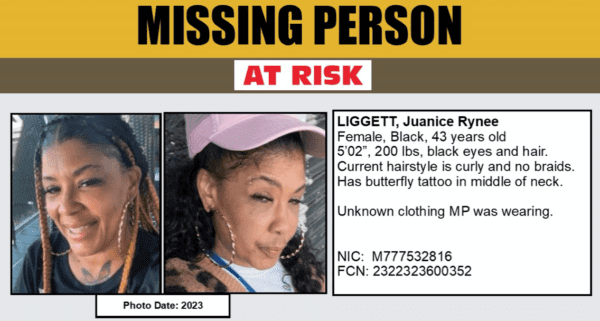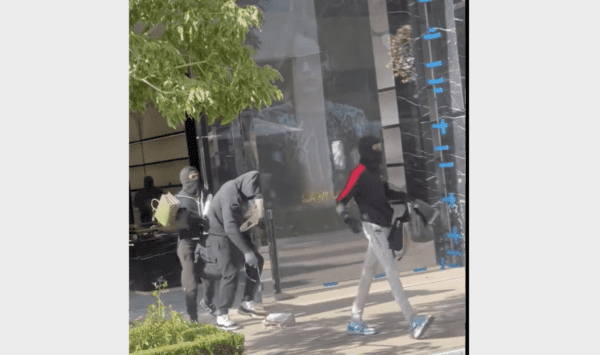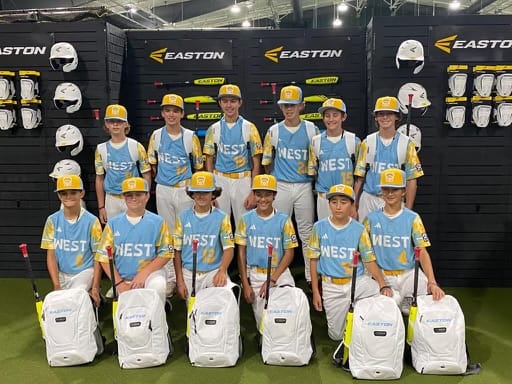Los Angeles County and state agencies tasked with providing welfare and mental health services to older youth in foster care have created a “pipeline to homelessness” in violation of the plaintiffs’ constitutional rights, a federal lawsuit obtained Friday alleges.
Youth advocacy organizations contend that state and local agencies have shown a “persistent failure to ensure that ‘transition age foster youth’ (between the ages of 16 and 21) have meaningful access to the crucial housing, mental health, and other services to which they are legally entitled.”
The proposed class-action suit was filed Tuesday in Los Angeles federal court by attorneys on behalf of six young people in foster care.
The suit alleges that the county’s Children and Family Services and Mental Health departments and the state’s Health and Human Services Agency, Department of Health Care Services and Department of Social Services are failing in their mandate to provide dependents in the foster care system with “safe, stable and appropriate placements at all times, free from physical, psychological, and emotional harm,” as well as health and mental welfare services.
The county departments said in a joint statement that they are committed to ensuring the well-being of young people as they enter adulthood and to providing services to assist with that transition.
“Young people exiting the child welfare system face significant stressors including food, housing and income insecurity, often without the guidance or support of family,” according to the statement. “DCFS and DMH help transition-age youth navigate these and other challenges by providing assistance with education and housing plans, job preparedness, transportation and mental health services.”
DCFS and DMH added that they “continue to explore partnerships with public, private and nonprofit organizations with the goals of enhancing housing stability and creating living-wage job opportunities for young people exiting care.”
The state agencies said they do not comment on pending litigation.
According to the suit, eligible youths can choose to remain in foster care until they turn 21. Last year, the county was responsible for more than 4,200 young people between the ages of 16 and 21, the suit says.
“By denying transition age youth in foster care the housing and crucial services they are legally entitled to, state and county defendants send the unmistakable message that these youth are disposable, that their care is a responsibility for which the government would rather just wash its hands,” said Tara Ford, senior counsel at Public Counsel, one of the firms that helped prepare the 108-page lawsuit.
“Today our young clients, who are all transition age youth in foster care, take the bold step of protecting their rights, they send another unmistakable message: ‘We do matter. We deserve care. We deserve better.’ We are committed to defending the rights of transition age youth in foster care to safe, stable, appropriate housing and needed supportive services.”
The plaintiffs contend that the foster care system exacerbates preexisting trauma “as they are cycled through multiple unsuitable placements, lose contact with siblings and other loved ones, and experience abuse and neglect in foster placements.”
The suit states that “a disproportionately high percentage of these youth have mental health conditions and other disabilities related to complex trauma, i.e., chronic, ongoing interpersonal trauma. Some are also young parents who, as they transition to adulthood, seek health, stability, and safety not only for themselves, but also for their families.”
“The overwhelming majority of foster youth in Los Angeles County come from low-income Black and Latino communities,” the suit says.
The state and county agencies’ alleged “failures to meet their legal duties have created a pipeline from the foster care system to homelessness, heaping trauma on top of trauma and funneling these youth to the margins of society. Transition age foster youth are forced into couch surfing, tents on city streets, dangerous adult temporary shelters, and vehicular homelessness. With no reliable places to sleep, shower, or keep their belongings, it is virtually impossible for these youth to pursue higher education or hold down a job.”







